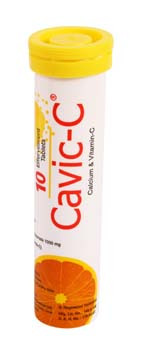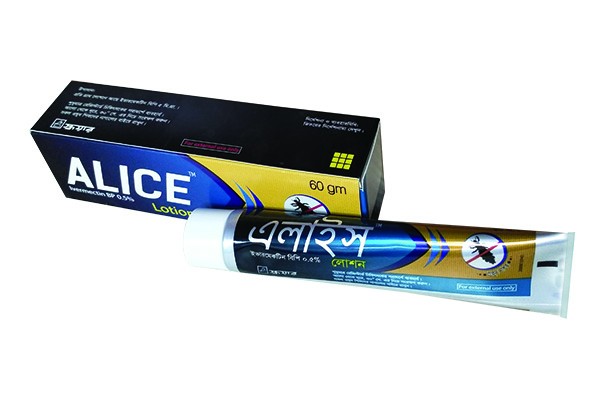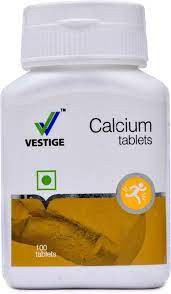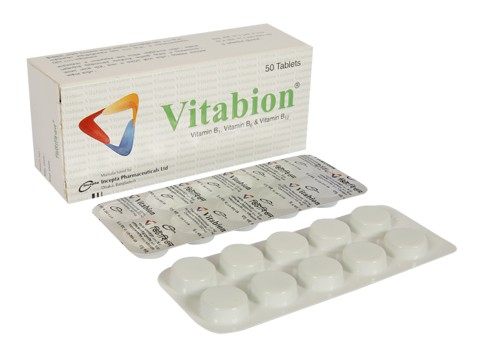

Cavic-C Tablet 1000 mg+327 mg+500 mg (12Pcs)
Inhouse product
-
৳1,030.00
৳1,550.00 -
৳10.00
৳12.00 -
৳280.00
৳500.00 -
৳127.00
৳132.00 -
৳884.00
৳1,105.00 -
৳112.00
৳120.00
Reviews & Ratings
Indications
Hypercalcemia (e.g. in hyperparathyroidism, vitamin-D overdosage,
decalcifying tumors such as plasmocytoma, bone metastases); severe
hypercalciuria; severe renal failure.
Patients with
hyperoxalauria, glucose-6- phosphate dehydrogenase deficiency, or iron
overload. Larger doses may lead to gastrointestinal tract upset.
Pharmacology
In humans, calcium is almost completely utilized as a pharmaceutical treatment to treat deficiency. Calcium shortage in the blood is so important to a wide range of biological processes that our internal biochemistry will not tolerate even a short-term shortfall.
Because man cannot manufacture vitamin C, it is an essential component of the diet. It's an extremely effective lowering agent. Vitamin C plays a vital role in the body's stress response. It's crucial in the fight against infection.
Dosage & Administration
Adults and children above 7 years: 1 effervescent tablet daily
Children 3 to 7 years: ½ effervescent tablet daily
Infants: As prescribed by the physician
Dissolve one tablet in half glass (100 ml) of water.
Interaction
Calcium gluconate: The combination of high-dose calcium and thiazide diuretics can produce milk-alkali syndrome and hypercalcemia. May enhance the toxicity of digoxin. Reduce the effect of calcium channel blockers. The absorption of calcitriol (a metabolite of vitamin D) is increased.
calcium carbonate: combined with thiazide diuretics or vitamin D can cause milk-alkali syndrome and hypercalcemia. The absorption of corticosteroids is reduced. Reduce the absorption of tetracycline, atenolol, iron, quinolones, alendronate, sodium fluoride, zinc fluoride and calcium channel blockers. It will increase the heart effect of digitalis glycosides and can promote digitalis poisoning.
Vitamin C: Deferoxamine, hormonal contraceptives, fluphenazine, warfarin, elemental iron, salicylate, warfarin, fluphenazine, disulfiram, mexiletine, vitamin B12.
Contraindications
Hypercalcemia; severe hypercalciuria; severe renal failure (e.g., hyperparathyroidism, vitamin-D overdosage, decalcifying tumors such as plasmocytoma, bone metastases).
Hippoxaluria, glucose-6-phosphate dehydrogenase deficiency, and iron excess patients. Larger dosages can cause gastric distress.
Side Effects
Mild gastrointestinal problems (bloating, diarrhoea) might occur in rare situations. Long-term high-dose therapy in predisposed people may increase the development of calculi in the urinary system.
Pregnancy & Lactation
Oral calcium supplementation or antacid treatment with calcium-containing medications has been widely utilized in pregnancy. In lactating mothers, calcium carbonate can be used safely. Vitamin C can be consumed without risk during pregnancy and breastfeeding.
Precautions & Warnings
For patients with mild hypercalciuria (greater than 300mg=7.5mmol/24 hours), mild or moderate renal function impairment, or a history of urinary stones, it is necessary to monitor the excretion of calcium in the urine. If necessary, the dose should be reduced or treatment should be stopped. Unless otherwise specified, high doses of vitamin D and derivatives should be avoided during treatment with this preparation.
As citrate is reported to increase the absorption of aluminum, patients with severe renal insufficiency, especially those receiving aluminum-containing preparations, should use the drug with caution. Diabetes patients should pay attention to the sugar content.
Therapeutic Class
Specific mineral & vitamin combined preparations
Storage Conditions
Store in a cool, dry location away from light and moisture.
Pharmaceutical Name
Generic
Calcium Lactate Gluconate + Calcium Carbonate + Vitamin C
Related Products
Frequently Bought Products
-
৳1,030.00
৳1,550.00 -
৳10.00
৳12.00 -
৳280.00
৳500.00 -
৳127.00
৳132.00 -
৳884.00
৳1,105.00 -
৳112.00
৳120.00
Online Shopping Bangladesh : MShopBD-Majumder Shop
MShopBD-Majumder Shop Online Shopping in Bangladesh is the Best Shopping store within 10000+ products cash on delivery in dhaka, Khulna, ctg & all over Bangladesh with COD-cash on delivery (Only Shipping Cost Advance ) under by www.esdp.gov.bd (bangladesh.gov.bd ) Home Delivery all Over Bangladesh different location and shop as like as Multivendor Online Sites in BD.
Thank you for choosing MShopBD - Majumder Shop!







